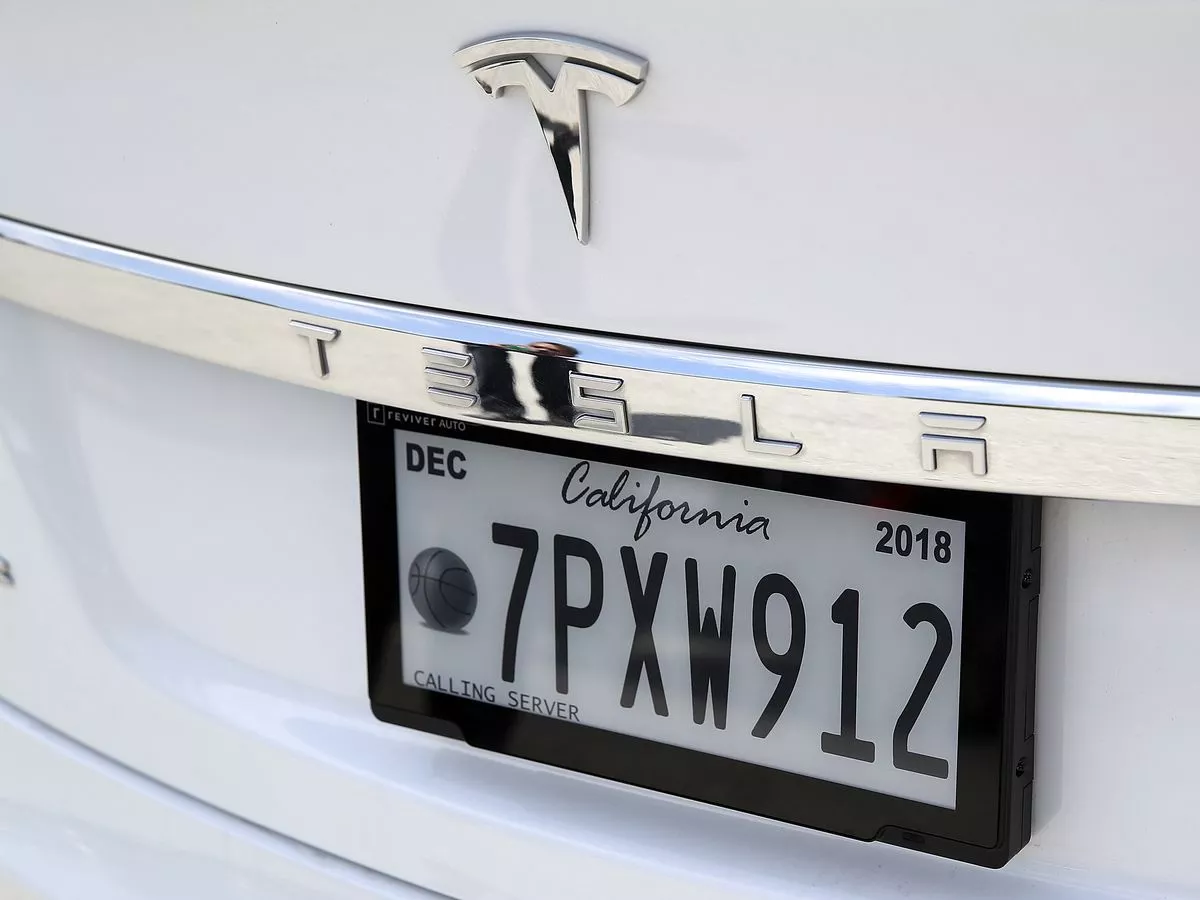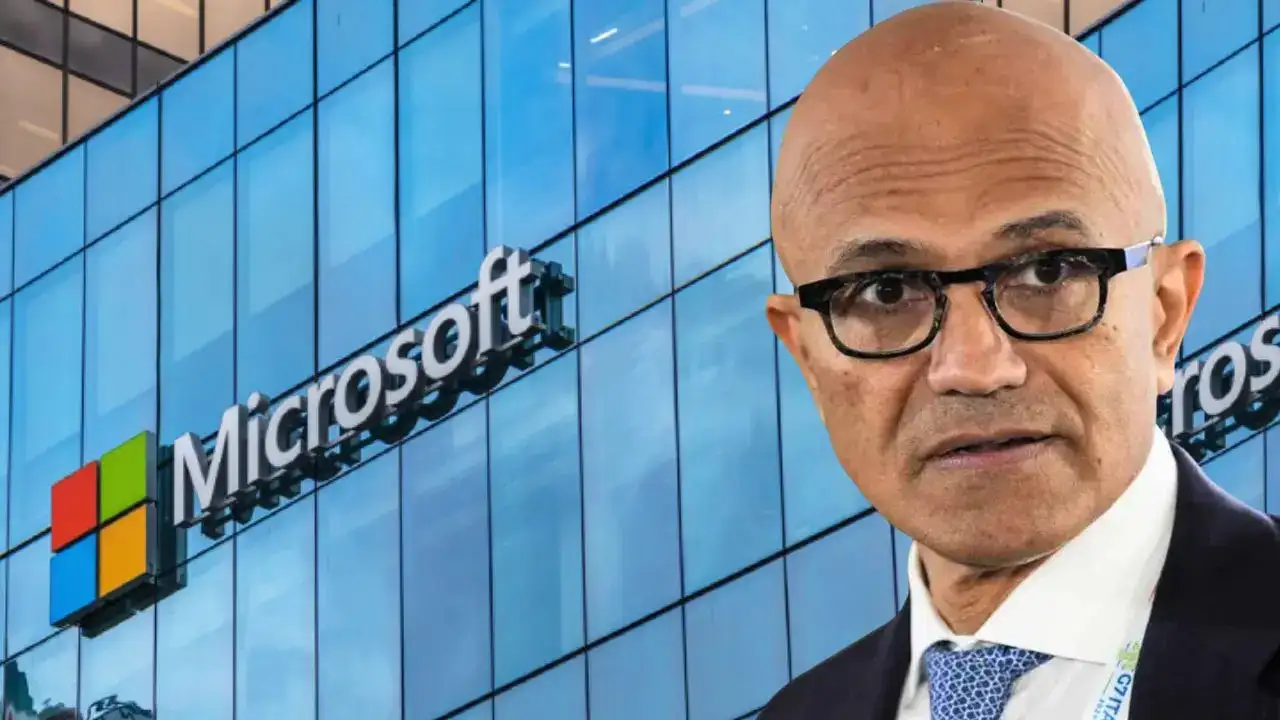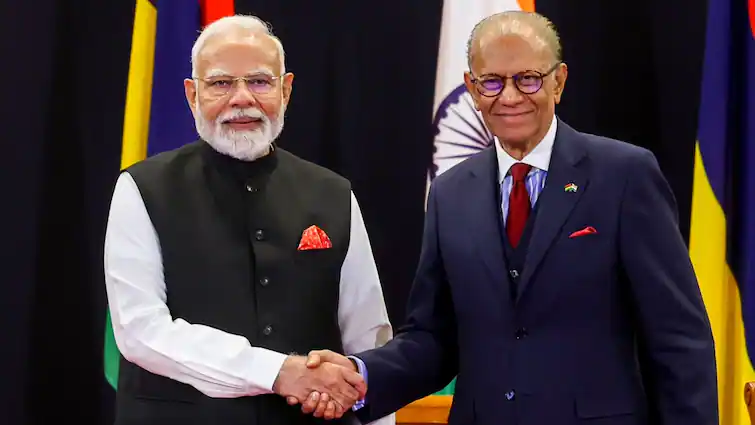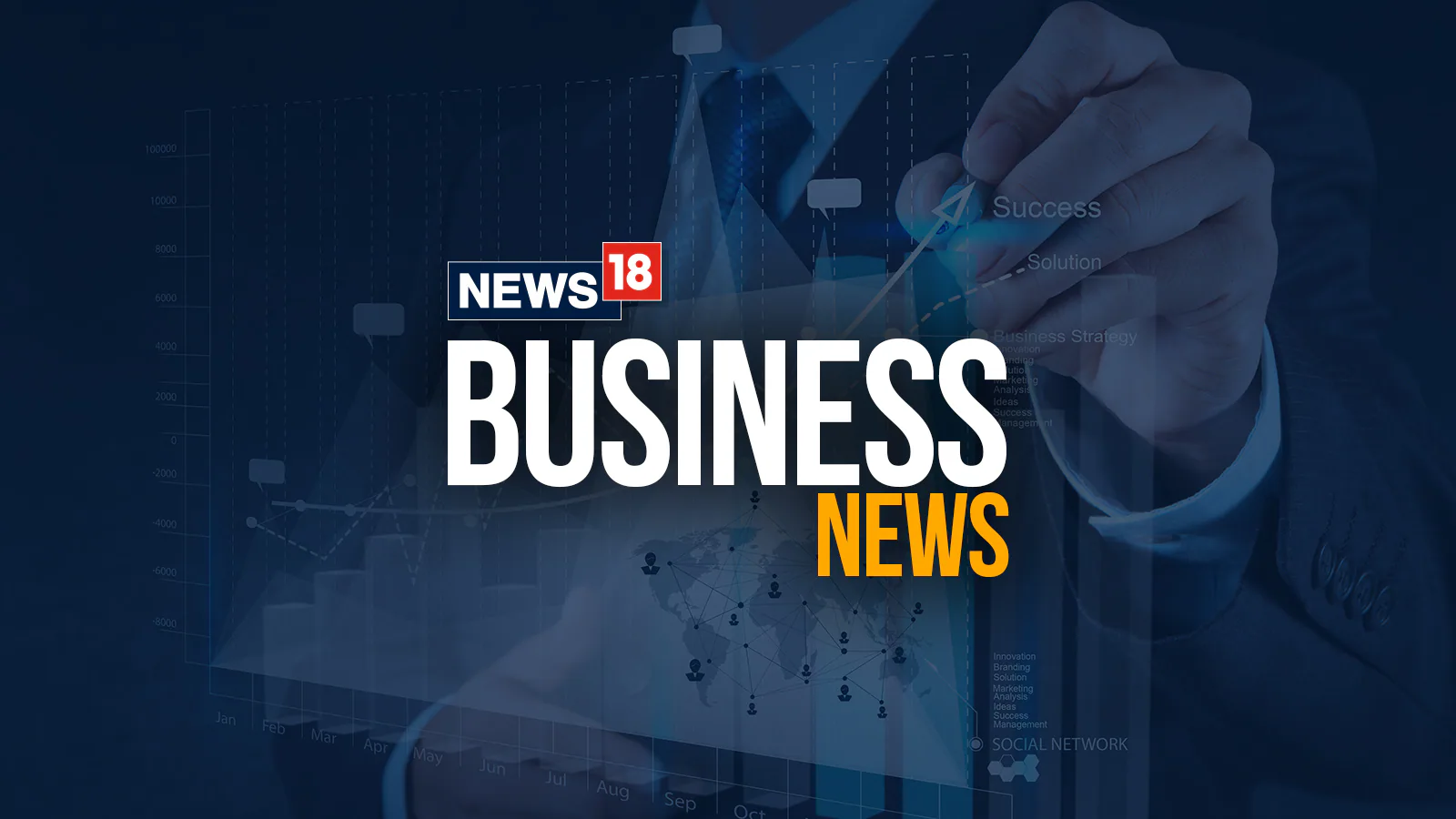By Tass
Copyright tass
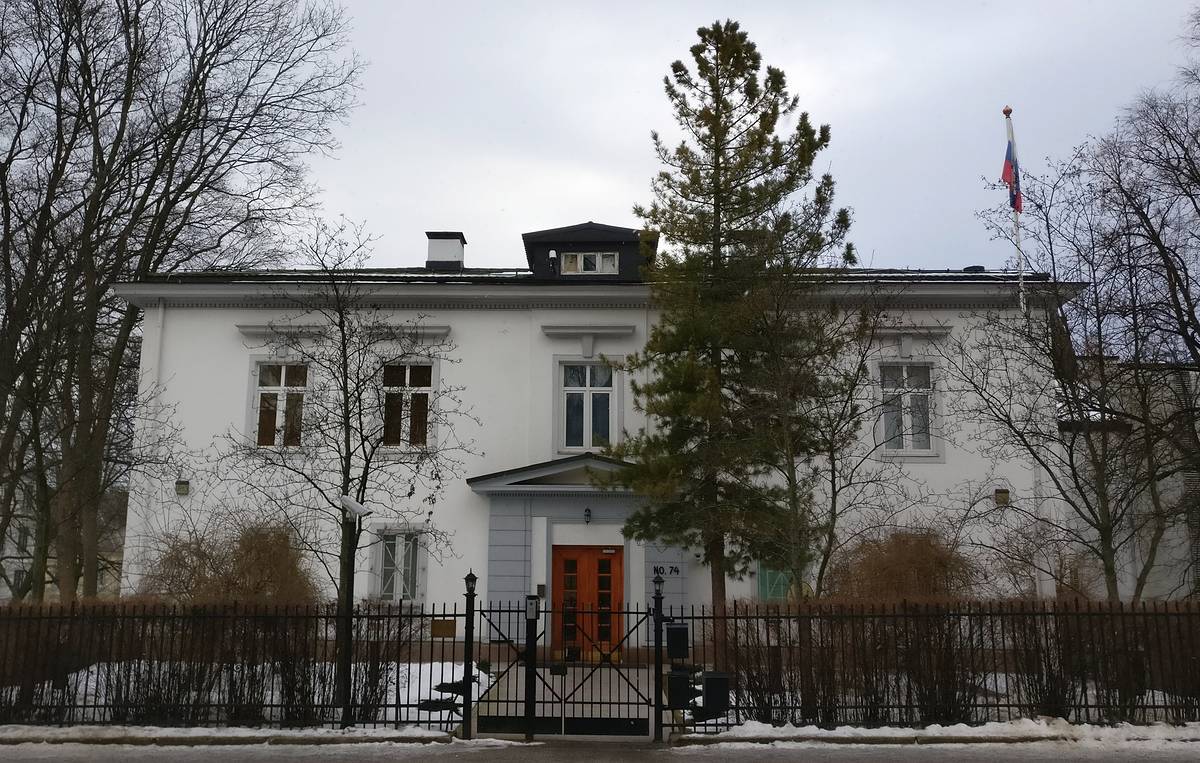
MOSCOW, September 16. /TASS/. Norway is becoming NATO’s testing ground for new weapons, and Washington is eyeing a resource deal with Kiev. Meanwhile, experts argue that US allies may decline to impose tariffs on buyers of Russian crude. These stories topped Tuesday’s newspaper headlines in Russia.
Izvestia: NATO transforming Norway into testing ground for weapons
Norway is becoming NATO’s testing ground for new weapons, the Russian embassy in Oslo told Izvestia. The diplomats said the bulk of those weapons are meant for use against Russia. Earlier, the Quicksink smart anti-ship bomb designed to strike moving marine targets at a far distance was tested in Norwegian waters. Experts say the North Atlantic Alliance is eying Norway because it is getting ready for military hostilities in the Arctic where it will test drones.
Russian military expert Alexey Leonkov believes Norway was not chosen by chance as Oslo lies in NATO’s northern flank, and the US-led bloc has long been planning to increase its military posture in the Arctic theater. Besides, the Northern Sea Route passes across the test sites, and the Americans would like either to take control of this sector or block it. Developing modern weapons systems that can function in Arctic conditions is essential for that. The Norwegians are capable of developing military hardware that can operate in the Arctic, and they have certain innovative solutions, the expert told Izvestia.
According to Leonkov, Russia is ready for NATO maneuvers. Moscow has its own program for rearming the fleet that includes Kinzhal-type airborne hypersonic anti-ship systems or the Tsirkon seaborne missile, and Russia is working to develop next-generation missile systems.
The head of the Institute of Current International Issues at the Russian Foreign Ministry’s Diplomatic Academy, Vadim Kozyulin, believes that the Arctic has been an area of increased interest for NATO. The range of weapons to be tested in this region in the future will include submarine-launched drones, he explained. Those will be used for attacks and reconnaissance in the event of a military conflict, the expert continued. And the United States will play the key role in NATO’s strategy in the Arctic. “The Arctic has likely become a zone of testing this technology,” he told Izvestia.
Nezavisimaya Gazeta: Washington considering resource deal with Kiev
A US delegation has inspected prospective potential deposits as part of a minerals deal, Ukrainian Minister of Economy Alexey Sobolev announced. The announcement came as officials in Washington intensified their anti-Russian rhetoric, with US President Donald Trump demanding that the European Union stop buying Russian energy.
Among other things, Trump threatened to increase sanctions pressure on Moscow if Europe refuses to import Russian oil or imposes additional tariffs on China and India which continue to purchase energy from Russia. US Secretary of the Treasury Scott Bessent recently urged the G7 for more pressure on Russia.
The call came as information emerged about the early progress in a resource deal that many in Kiev dismissed as exploitative before they stopped taking it seriously for Russian forces already control quite a number of major deposits.
Stanislav Tkachenko, a professor in the Department of European Studies at St. Petersburg State University’s Faculty of International Relations, told Nezavisimaya Gazeta that now is not the right time for investment in Ukrainian projects. “Ukraine has been living with a budget deficit, and there is no possibility of ensuring the effective functioning of the Ukrainian state machine or attracting normal investment for that,” he concluded.
If the Europeans agree to impose additional tariffs on China and India, he warned, buying energy will be more expensive for them and inflation will soar.
“Under current circumstances, the US leader demanded that Europe take almost suicidal steps. Donald Trump seems to be seeking to destroy the European economy by luring the production facilities and technology that remain there to the United States so that he could flood the European market with US oil, gas, and weapons. Besides, the implementation of such projects requires a stop to hostilities,” he concluded.
Rossiyskaya Gazeta: Experts debate why US allies may not agree to impose tariffs on buyers of Russian oil
US President Donald Trump has made loud statements on the possibility of increasing tariffs to 100% on countries that buy Russian oil as soon as NATO, G7, or EU allies join the initiative.
Konstantin Simonov, General Director of the National Energy Security Fund, noted that the United States and the EU have been taking turns threatening to impose major sanctions on Russia: the EU pledged to agree a 19th sanctions package earlier this week, and the United States has already tried to slap a unilateral 25% tariff on India for purchasing Russian oil. He criticized that as a serious mistake on the part of Trump, for as long as the US leader views China as a key threat, he should have prevented India’s rapprochement with it, while the opposite has happened instead. As a result, relations with New Delhi deteriorated, while Washington and the rest of the world could witness the solidarity between the Chinese, Indian, and Russian leaders at a recent SCO summit. The only thing the US succeeded in was a widening discount on Russian oil, by about 80 cents a barrel in August, the expert explained.
As regards NATO, the bloc includes EU allies for which China and India are the largest trade partners, and the loss of an almost $1 trillion worth of trade caused by the restrictions will mean collapse for the EU economy.
Turkey which not only buys goods from countries that refine Russian oil but also imports a large volume of Russian oil is a NATO ally. Vladimir Chernov, an analyst at Freedom Finance Global, argues that even as Turkey is a NATO member, its trade ties with Russia and pragmatic stance on energy make joining the tariffs an unlikely scenario.
According to Chernov, Trump’s push for a unified tariff effort pursues two goals: pressuring partners to cut purchases and giving Washington carte blanche in negotiations with major buyers. Such ultimatums often serve as bargaining tools, buying time or applying political pressure, but they also risk triggering retaliatory trade measures and disrupting global supply chains.
Vedomosti: Russian steel production set to recover starting 2026
Steel production in Russia will rise gradually starting in 2026 to reach 78 million metric tons in 2035, an 8% increase from last year’s volume, according to a report from the B1 consulting company.
B1 analysts forecast that steel production will decline by 11% to 64 million metric tons in 2025 before it rebounds. In 2026, it will grow to 70 million metric tons, a 9% rise from 2025, mostly driven by growing domestic demand for the metal, Alexey Lavrukhin, chief analyst at B1, explained to Vedomosti. According to B1’s estimates, in 2035, domestic steel consumption will rise 9% compared to the 2024 level, from 45 million metric tons to 49 million metric tons. This will be possible due to gradual growth in metal consumption in the construction industry, automobile manufacturing, other machine building industries, and the oil and gas sector.
Countries in the CIS, the Middle East, and Asia are the largest importers of Russian steel, the report reads. According to B1, Russian steelmakers may increase exports to the CIS market. In 2025, steel consumption in the CIS will rise 56% from 2022 to 14.5 million metric tons, according to the report.
Analysts interviewed by Vedomosti, too, expect steel production in Russia to grow in the next few years. While in 2024-2025 steel production fell amid high interest rates, Dmitry Kazakov, chief analyst at BCS World of Investments, noted, 2026 may see substantial monetary easing which will boost demand for steel and metal production, the expert says.
Dmitry Baranov, lead expert at Finam Management, expects growth in demand for steel from the key metal-intensive industries. According to him, growing steel demand in Russia in the next few years will be driven by the implementation of national projects and federal programs, as well as import substitution and the construction of infrastructure facilities. Rising exports to the Global South, too, will support steel production, the analyst argues.
Vedomosti: Muslim leaders gather in Qatar in wake of Israeli attack
On September 15, Qatar hosted a joint emergency summit of the Arab League and the Organization of Islamic Cooperation (OIC) to discuss the surprise Israeli attack on residential buildings housing members of the Hamas political bureau in Doha. Most Arab and Islamic leaders attended the event. Before the summit, foreign ministers from the two organizations adopted a draft joint resolution to condemn the policy course being pursued by Israel in the Middle East as they expressed solidarity with Qatar.
Ruslan Suleimanov, an expert in Oriental studies, doubts the joint summit will result in any regional coalition against Israel. According to him, even as regional players have repeatedly made attempts to establish an equivalent of NATO, those attempts eventually failed, including because of contradicting stances and objectives between the countries.
The policies of most Arab states are aimed at preventing conflicts or staying away from them, Ivan Bocharov, program manager at the Russian International Affairs Council, told Vedomosti. “They prefer to sit out the times of trouble whenever a major quarrel erupts. Therefore, even if any regional unions are established, they will hardly suit the radical Palestinian movement,” he argued.
According to Bocharov, in theory, Doha may only strengthen its rhetoric on Israel in response to the Israeli provocation on its soil, or else it could launch anti-Israeli campaigns on its media platforms.
TASS is not responsible for the material quoted in these press reviews
